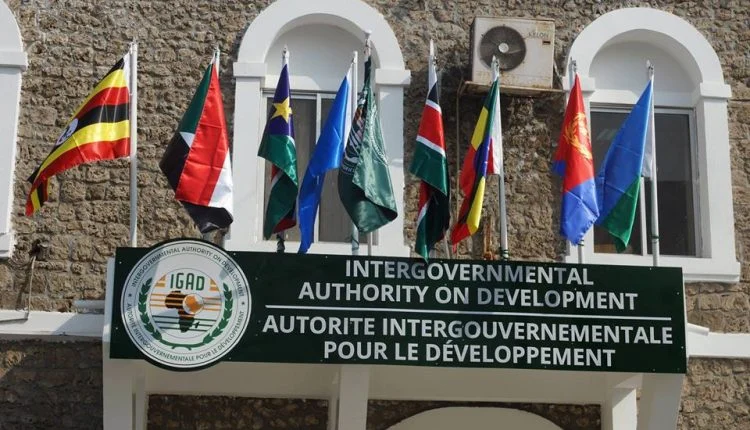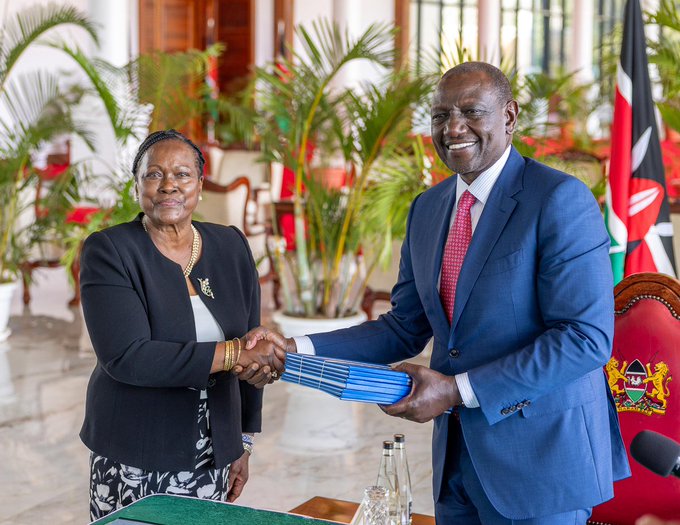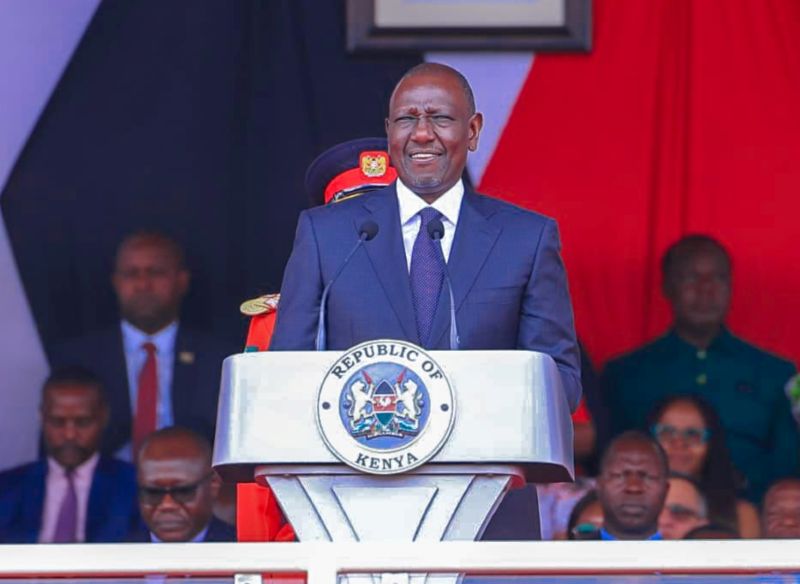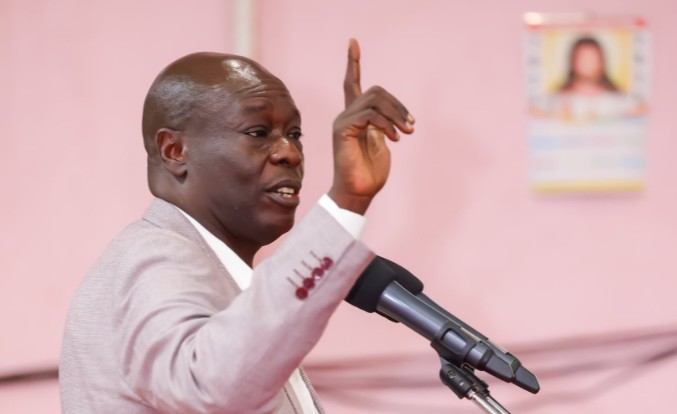Billions locked in stalled county projects across the country - CoB Margaret Nyakang'o

The CoB attributes the setbacks mainly to contractors who either abandoned work, delayed delivery, or lacked the capacity to meet their obligations.
Hundreds of development projects across counties have ground to a halt, with billions of shillings now tied up in incomplete works.
A review by the Controller of Budget (CoB) for the 2024/2025 financial year shows that 158 projects in 18 devolved units have stalled, exposing how poor oversight and contractor failure continue to undermine devolution’s promise.
More To Read
- Counties exposed as Auditor General flags major in emergency preparedness
- County expenditure share by sector (FY2023/24)
- MPs back move to amend finance law to align audit timelines with Constitution
- State agencies, counties owe Kenya Power Sh4.67 billion in unpaid bills - Auditor General
- Over 16,000 in the dark as Kenya Power struggles to procure essential meters, transformers
- MPs push for urgent funding boost for Auditor General’s office
Counties have already spent Sh3.8 billion on these projects but still need Sh5.3 billion more to complete them.
The CoB attributes the setbacks mainly to contractors who either abandoned work, delayed delivery, or lacked the capacity to meet their obligations.
Out of all the stalled projects, more than half are linked directly to contractor-related problems.
At least 30 were abandoned mid-way, some only weeks after being launched, leaving behind deserted construction sites and rusting equipment.
In 15 other cases, contractors refused to proceed unless given new terms or more funds, while seven projects collapsed completely because the firms lacked the technical or financial ability to complete the work.
Substandard projects
Delays were also widespread, with another seven projects running far beyond deadlines and eight contracts expiring before work even began.
Disputes between counties and contractors led to seven more terminations, bringing the total number of contractor-related failures to more than 80 projects nationwide.
The report points to weak procurement systems, poor supervision, and politicised tendering as key contributors.
While contractors bear much of the blame, counties have also been faulted for awarding tenders to unqualified firms, often connected to influential individuals.
The Auditor-General’s recent reviews echo similar concerns, warning that taxpayers continue to lose billions to incomplete and substandard projects.
In August, the Auditor-General revealed that 33 counties had 248 stalled projects worth more than Sh20 billion during the 2023/2024 financial year.
Machakos led in the number of stalled projects, with 54 worth Sh314 million, followed by Nyandarua with 43 valued at Sh403.9 million.
Kakamega had the highest value of stalled projects at Sh8.1 billion, while Nairobi and Trans Nzoia followed with Sh2.4 billion and Sh2.1 billion, respectively.
The reports caution that these numbers are likely incomplete, as some counties failed to submit full details.
Auditor-General Nancy Gathungu has also warned that counties are incurring penalties for delayed payments to contractors.
Stalled projects
Many devolved units owe contractors millions for completed works, while others are stuck in costly court battles after terminated contracts.
The CoB report identifies Baringo as the county with the highest value of stalled projects, estimated at Sh1.3 billion.
Only Sh131 million has been utilised so far, leaving a funding shortfall of Sh1.1 billion. Among the affected projects are nine Early Childhood Development classrooms worth Sh9 million, which were left incomplete after contractors walked away.
In Machakos, most of the 54 abandoned projects were derailed by contractor problems. Market buildings and other public facilities, some nearly complete, were left idle after contractors pulled out.
The county has already spent Sh314 million but requires an additional Sh817 million to finish them.
Last year, while reviewing stalled projects, the Senate Committee on Devolution and Intergovernmental Relations described contractors as “the weakest link in devolution”, accusing counties of awarding tenders to politically connected but unqualified bidders.
However, not all blame rests with the contractors. In at least nine projects, construction stopped because counties delayed or withheld payments.
Many devolved units attribute the problem to late disbursements from the National Treasury, creating a vicious cycle where payment delays cause work stoppages, leading to endless project stalls.
Top Stories Today










































